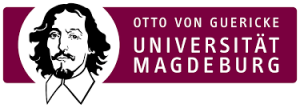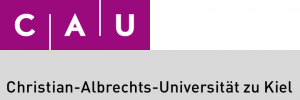MGK Guest Lectures
MGK Guest lecture
Jan. 20th, 2026
MGK Guest lecture by Prof. Uwe Riedel, German Aerospace Center.
Title: Sustainable Ironmaking
The first lecture of the year offered compelling insights into hydrogen-based direct reduction of iron ore. Prof. Uwe Riedel from the Deutsches Zentrum für Luft- und Raumfahrt e.V. (DLR), Institute of Low-Carbon Industrial Processes, presented a comprehensive modeling framework that integrates detailed single-pellet experiments with advanced CFD and porous media models, all rigorously validated against extensive experimental data. The presentation demonstrated how pellet size and geometry influence permeability, reaction kinetics, and gas flow behavior, delivering valuable insights to deepen understanding of reduction mechanisms and to support the transition toward low-carbon steel production.
We sincerely thank Prof. Uwe Riedel for the inspiring lecture and all participants for the lively and insightful discussion.
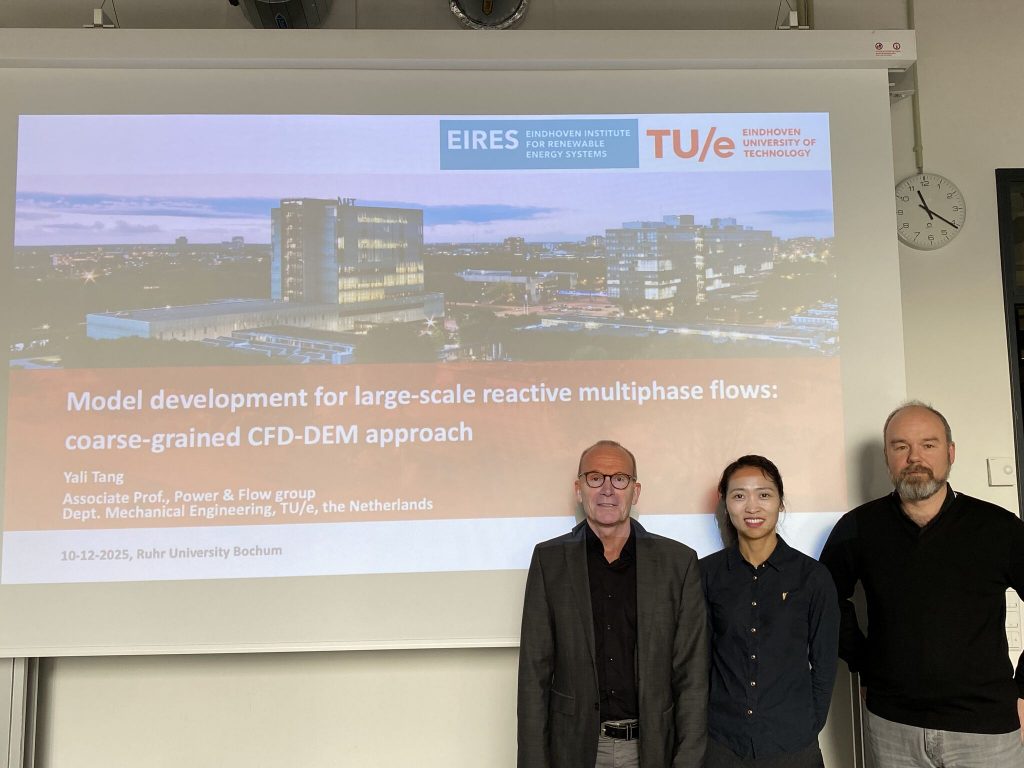
Dec. 10th, 2025
MGK Guest lecture by Prof. Yali Tang, Eindhoven University of Technology
Title: Coarse graining CFD-DEM modelling of reactive gas-solid flows
We were delighted to welcome Prof. Yali Tang from Eindhoven University of Technology to Ruhr University Bochum this Wednesday for an engaging guest lecture.
Her presentation explored advanced coarse-graining techniques for integrated CFD–DEM simulations, illustrating how these approaches support efficient modelling of complex reacting gas–solid systems, such as those found in industrial combustion equipment.
Another central topic of the lecture was the modelling of cohesive particles and its role in predicting sintering processes — a crucial step toward understanding the thermo-mechanical behaviour of granular materials under high-temperature conditions.
We extend our sincere thanks to Prof. Tang for her valuable insights and to all attendees for their active participation in the discussion.
MGK Guest lecture
Nov. 25th, 2025
MGK Guest lecture by Dr.-Ing. Klarissa Niedermeier, Karlsruhe Institute of Technology (KIT)
Title: Liquid Metals for Thermal Energy Storage
As part of the CRC/TRR 287 BULK-REACTION research program, we had the pleasure of welcoming Dr.-Ing. Klarissa Niedermeier (via Zoom) from the Karlsruhe Liquid Metals Laboratory (KALLA) at the Karlsruhe Institute of Technology. Her guest lecture explored the cutting-edge use of liquid metals as heat-transfer media in thermal energy storage systems — an approach that enables efficient storage of heat over a broad temperature spectrum (100–1000 °C) while maintaining excellent heat-transfer performance.
Dr.-Ing. Niedermeier discussed both the potential and the challenges associated with employing liquid metals, addressing technical constraints as well as fundamental scientific questions that emerge in real-world applications. Her presentation provided a thorough overview of current research efforts, demonstrating how this work contributes to advancing high-temperature energy storage technologies.
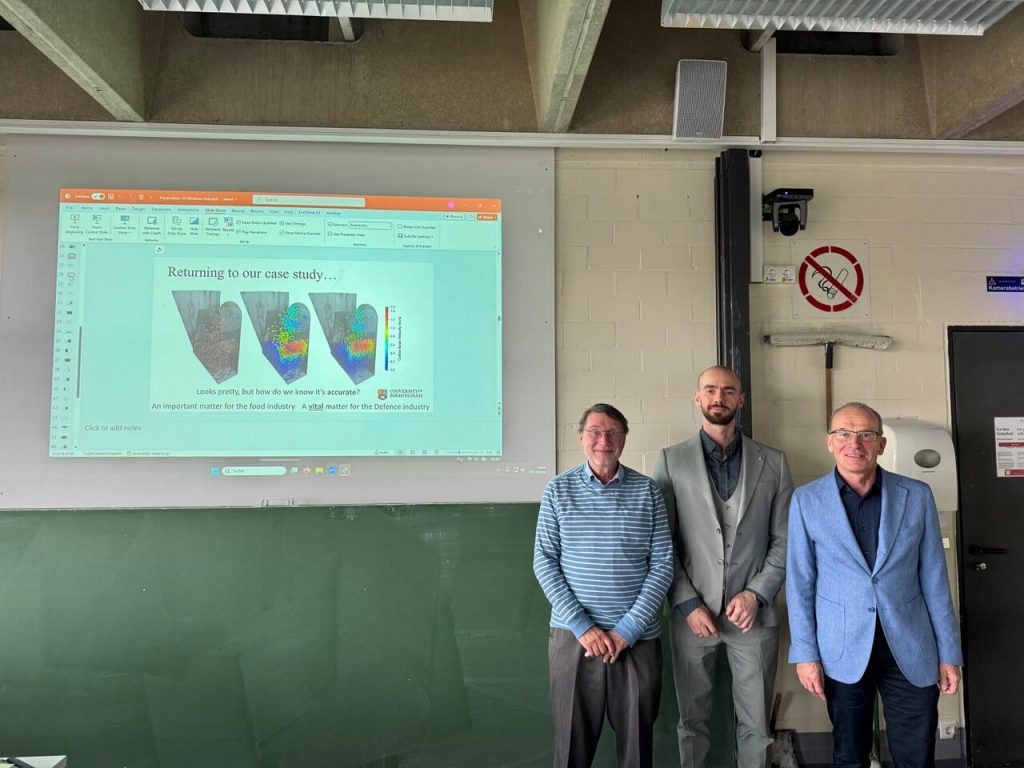
Oct. 29th, 2025
MGK Guest lecture by Prof. Kit Windows-Yule, University of Birmingham
Title: Using nuclear imaging, numerical simulation, and lightweight AI to optimise industrial systems
On October, 29th we hosted an insightful seminar at the Ruhr-Universität Bochum highlighting how nuclear imaging, numerical simulation, and lightweight AI can be combined to optimise complex industrial systems. The talk, given by Prof. Kit Windows-Yule from University of Birmingham, demonstrated how Positron Emission Particle Tracking (PEPT) provides unique insights into particle motion in mills and stirred tank reactors, delivering high-quality data for model calibration and validation. Building on these findings, AI-based optimisation approaches were discussed that enhance mixing performance and support data-driven design.
The seminar offered a compelling example of how integrating experimental techniques, numerical modelling, and artificial intelligence can advance process understanding and industrial innovation.
MGK Guest lecture
Oct. 7th, 2025
MGK Guest lecture by Mr. Jan-David Griesche, K+S Minerals and Agriculture GmbH.
Title: Insights into the Producing Industry on the Example of K+S
In his talk, he provided a comprehensive overview of the production processes at K+S, offering valuable insights into the challenges and opportunities within modern industrial operations. His presentation highlighted practical approaches to process optimization, sustainability, and innovation, demonstrating the close interaction between industrial practice and applied research.
In this sense, project B6 with Felix Faber and Nicole Vorhauer-Huget is already collaborating with K+S for the development of sustainable production processes.
MGK Guest lecture
Jun. 19th, 2025
MGK Guest lecture by Prof. Song Cheng, Hong Kong University.
Title: Extreme Combustion: From Atom-Scale Theories to System-Level Practices
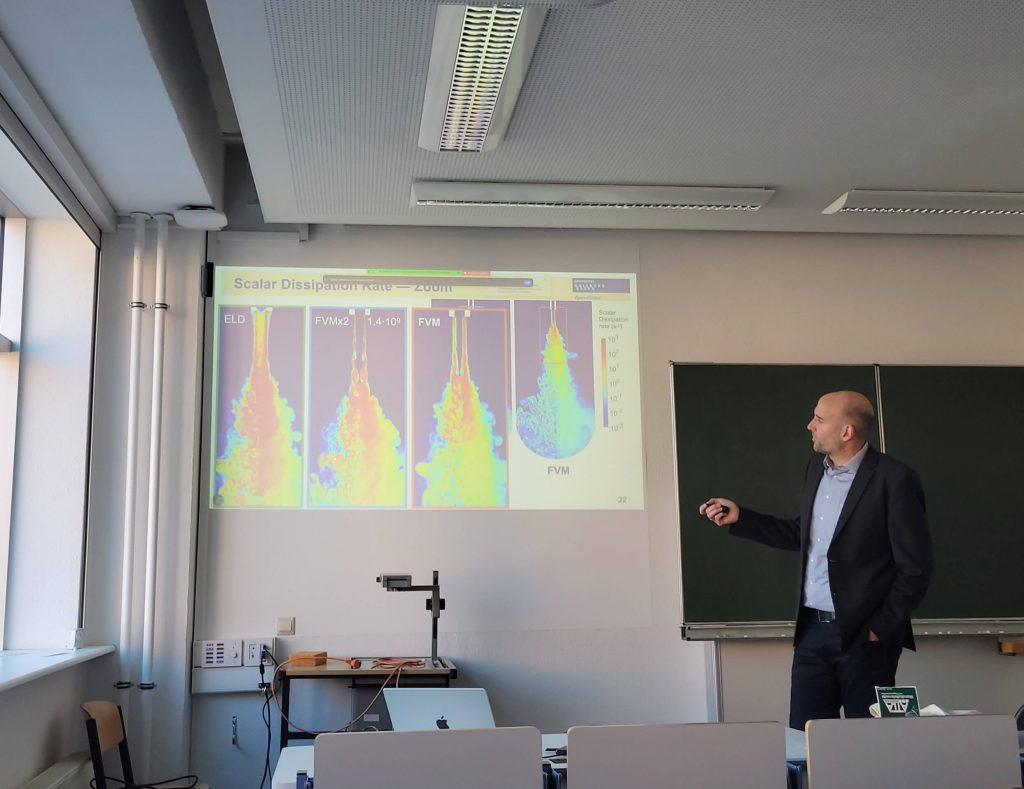
Apr. 1st, 2025.
Guest lecture by Prof. Andreas Kempf, Universität Duisburg-Essen, Germany.
On Tuesday, April 1st, 2025, we had the honor of hosting Prof. Kempf from the Chair of Fluid Dynamics at Universität Duisburg-Essen, who collaborates closely with our A5 group led by Fabian Sewerin at OVGU Magdeburg. His captivating talk covered:
“A Scale-Dependent Euler-Lagrangian Decomposition for Simulating Mixing at High Schmidt and Prandtl Numbers”
Prof. Kempf provided a novel approach to model fluid mixing behavior, demonstrating how it enhances accuracy compared to traditional FVM while also significantly reducing computational costs. The discussion highlighted the potential of this method in capturing complex transport phenomena more efficiently, attracting great interest among researchers and students.
MGK Guest lecture
Jun. 12th, 2024
MGK Guest lecture by Dr. Jitendra Kumar, ITT Ropar, India.
Title: Computational and Modelling Challenges in Continuum and Discrete Models of Particulate Systems
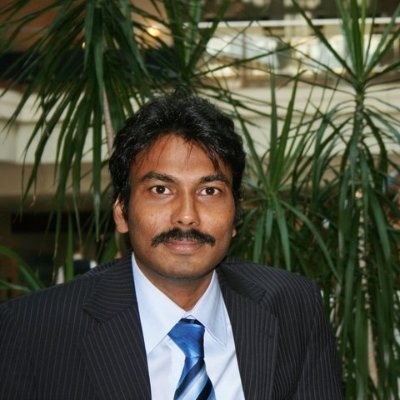
Dec. 14th, 2023 at 3:00-4.30 PM
MGK Guest lecture by Prof. Vikranth Kumar Surasani.
Title: “Investigation on CO2 geological sequestration in the deccan volcanic province through multiphase flow and reactive transport simulations“
The seminar took place online via Zoom.
Industrial activity is the primary source of carbon emissions with a estimated 78% of total contribution. Carbon capture and sequestration (CCS) technology is one of the alternatives to reduce CO2 emissions, where the captured CO2 is transported to the facilities using various storage techniques. Geologic carbon sequestration (GCS) is one such technique, where deep geological subsurface formation is used as permanent storage facility. Based on available geological, petrophysical, and geochemical properties, the Deccan volcanic province is one of India’s largest sinks for geological CO2 sequestration. Approximately 5,000,000 km2 of India is covered with Deccan basalt. The fate of injected CO2 in the geological formations follow various physical trappings and chemical transformations which are classified as structural, residual, solubility, and mineral trapping mechanisms.
The current research investigates the possible implementation of CO2 geological sequestration in the Deccan volcanic province. The numerical simulation analysis is carried out to analyse the influences of specific sequestration parameters like the injection rate and injection point; and geological parameters like top surface morphology, petrophysical properties variation, and geological features like stairsteps traps and anticline on the CO2 plume migration in the subsurface formation domain. The effect of these sequestration and geological parameter variations is analysed on the trapping mechanism, sweeping efficiency and structural integrity over a geological time scale for the considered subsurface synthetic domain. The multiphase, multicomponent reactive transport modelling technique is utilized to conduct this analysis. The outcome of this research has shown insight into the potential implementation of CCS and a future estimate of CO2 migration and CO2 entrapment. Further, provide the impacts of sequestration and geological parameters over a geological time scale. Future studies will focus on caprock leakage analysis, leakage implications on different entrapment mechanisms and machine learning approaches to predict the entrapment percentage, leakage, and structural integrity research for long geological time scales.
Keywords: Carbon Capture and Storage, Geologic Carbon Sequestration, Trapping mechanisms, Sequestration parameters, Geological parameters, Reactive transport modelling.
Lecture
Oct. 4th–6th, 2023
Lecture by Prof. Porteiro.
Lecture on “Modelling the combustion/gasification of biomass in fixed beds: an Eulerian-Eulerian approach” in Bochum and Magdeburg by Prof. Porteiro.
Prof. Porteiro is Director of Sustainability Area at the Unviersity of Vigo (Spain) and an Expert in CFD simulations, combustion and biomass conversion processes. He visited Bochum and Magdeburg and gave a presentation at both locations. The presentations are in presence and the topic of the presentation is “Modelling the combustion/gasification of biomass in fixed beds: an Eulerian-Eulerian approach“.
1. Presentation
Bochum, Wednesday, 4th of October
Time: 11:00 – 12:00
Location: Room IC2 156/90
2. Presentation
Magdeburg, Friday, 6th of October
Time: 10:00 – 11:00
Location: Building 10, Room 219
MGK Guest lecture
Sep. 20th, 2023 at 10
MGK Guest lecture by Prof. Bénédicte Cuenot, CERFACS, France.
Title: DNS and LES of turbulent reacting gas flows with detailed kinetics and liquid or solid particles
MGK Guest lecture
Aug. 16th, 2023 at 10:00 am
MGK Guest lecture by Dr. Rigopoulos, Imperial College London.
Title: “Machine Learning for Thermochemistry Tabulation“
The seminar will take place in lecture theatre H2 (room number A021) on the ground floor of Building 22A in Magdeburg. You may also participate electronically.
Several methods for the computation of reacting flows involve real-time integration of chemical kinetics. These methods include transported probability density function (PDF) methods, direct numerical simulation (DNS), conditional moment closure (CMC), unsteady flamelet, multiple mapping closure (MMC), thickened flame model, linear eddy model (LEM), partially stirred reactor (PaSR, as in OpenFOAM) and laminar flame computation. The need for direct integration of kinetics often renders large-scale simulations with these methods prohibitively expensive. This issue can be overcome by tabulation, which is the pre-computing and storage of computationally expensive operations. Tabulation raises further issues, however, such as the anticipation and coverage of the states to be encountered during simulation and the avoidance of excessive memory requirements.
The present seminar described a tabulation approach with artificial neural networks (ANNs), which are a class of machine learning models that can be employed for function approximation. After a review of the first-generation ANN tabulation methods, we discussed recent developments that enable the generation of data-driven models able of accommodating a wide range of reacting flows, including laminar flamelets and premixed flames, turbulent non-premixed and premixed flames and flames with fuel blends and energy losses. The main elements of the methodology were discussed, together with an explanation of how they lead to enhanced generalisation, accuracy and error control.
MGK Guest lecture
Jun, 2023
MGK Guest lecture by Prof Stefan Radl, TU Graz.
Title: ” Beyond classical CFD-DEM: forgotten challenges and new tool“
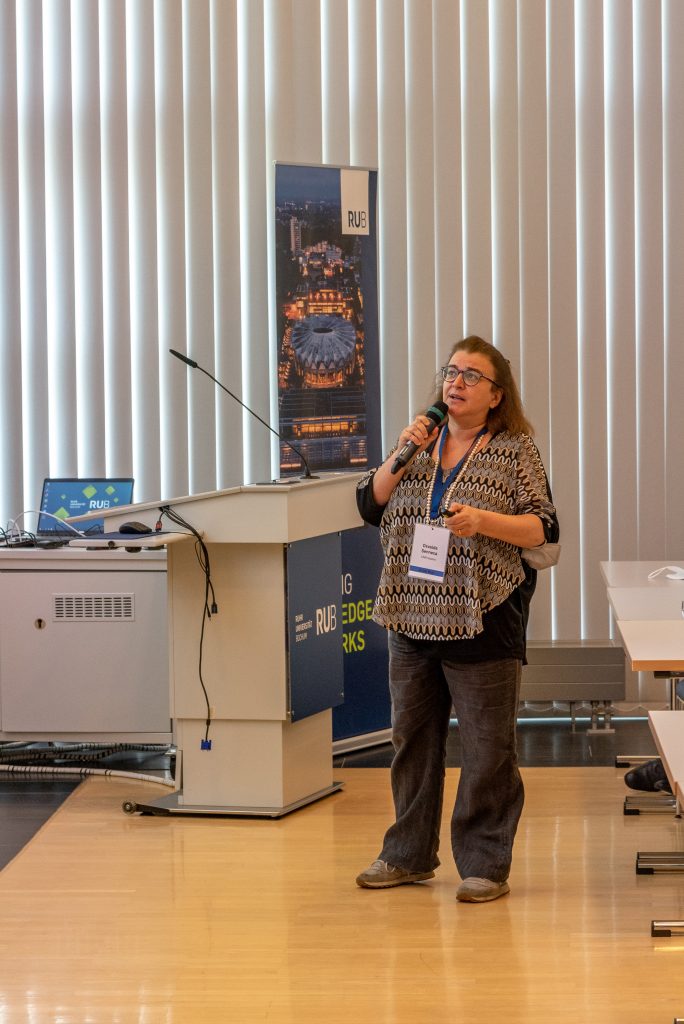
May 23rd, 2023
Guest lecture by Dr. Osvalda Senneca, Combustion Research Institute Naples, Italy.
Title: Criticalities in kinetic modelling of complex heterogenous reactions under realistic conditions
MGK Guest lecture
Mar. 14th, 2023
MGK guest lecture by Dr. Maria Klepikova (University of Lausanne, Géosciences Rennes)
Title: Trends and challenges in quantifying heat transport geological media
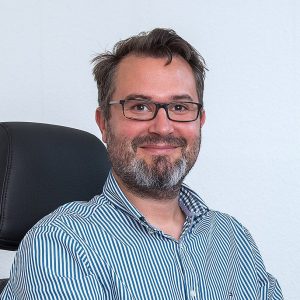
Feb. 17th, 2023
MGK lecture by Prof. Sven Grundmann (Universität Rostock)
Title: DFG Core Facility “MRI Flow Lab”: The Lab and the Research Topics
MGK Guest lecture
MGK guest lecture by Dr. Markus Hammes.
MGK Guest lecture
MGK lecture by Prof. Pierre Boivin (Aix-Marseille Université).
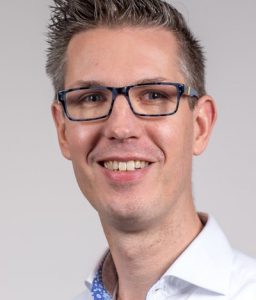
MGK guest lecture by Prof. Niels Deen (Eindhoven University of Technology (TU/e)).
MGK Guest lecture
MGK guest lecture by Dr. Mauro Bracconi (Politecnico di Milano) .
MGK Guest lecture
MGK guest lecture by Dr. Chan-Braun, BASF.
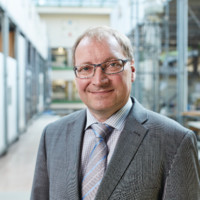
MGK guest lecture by Prof. Michael Schlüter.
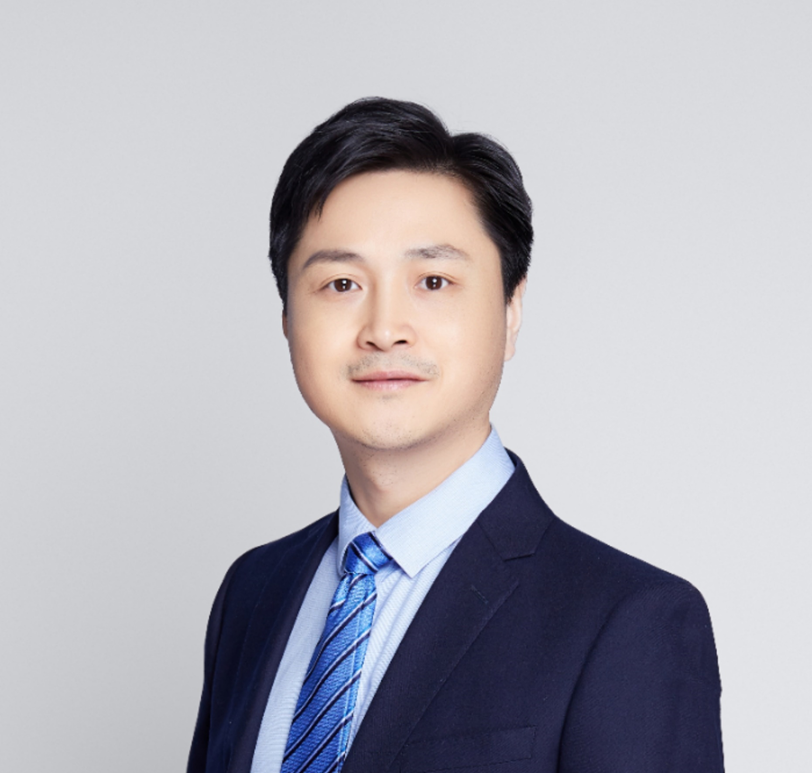
MGK guest lecture by Prof. Kun Luo (Zhejiang University).

MGK guest lecture by Prof. Kun Luo (Zhejiang University).
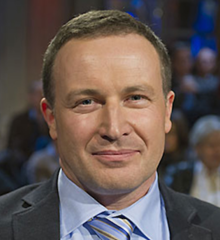
MGK guest lecture by Prof. Patrick Huber (Hamburg University of Technology TUHH).
MGK Guest lecture
MGK guest lecture by Dr. Paul Alps.

MGK guest lecture by Prof. Fabrice Patisson.
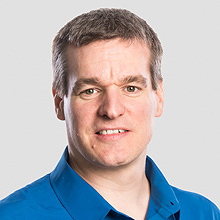
MGK guest lecture by Dr. Christoph Kirsch (Zurich University of Applied Sciences).
MGK Guest lecture
MGK guest lecture by Prof. Stefan Pirker.

MGK guest lecture by Prof. Aimy Bazylak (University of Toronto).
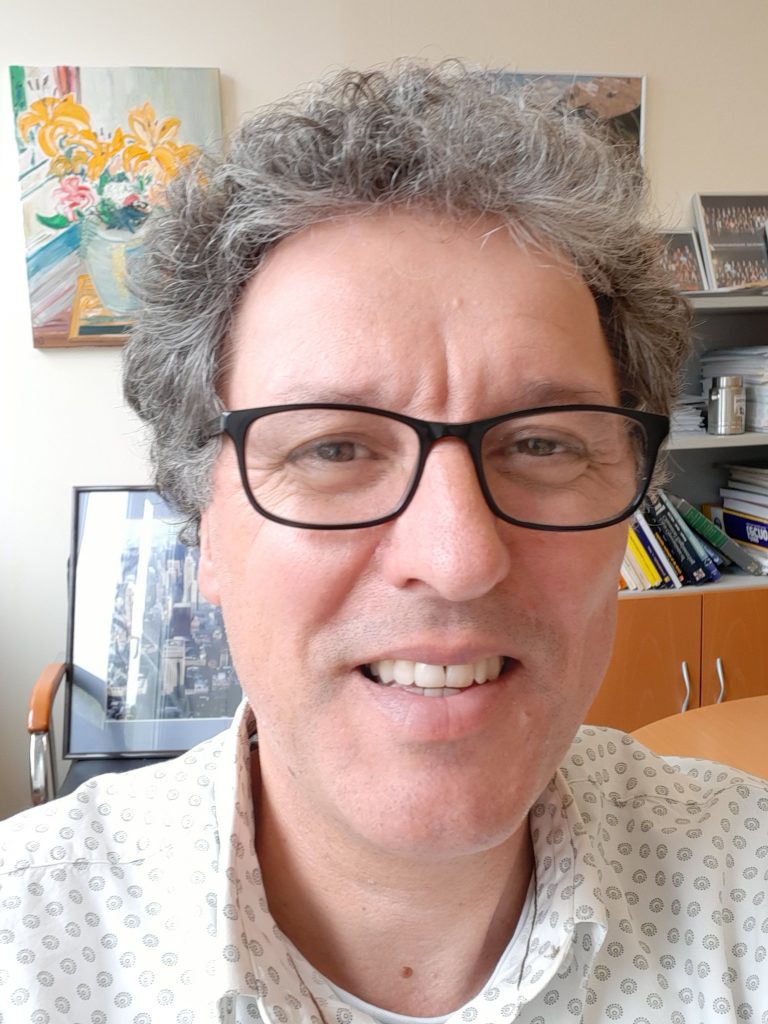
MGK guest lecture by Prof. Nicolas Dietrich (Université de Toulouse) and Prof. Gilles Hebrard.

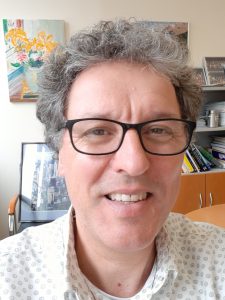
MGK guest lecture by Prof. Nicolas Dietrich (Université de Toulouse) and Prof. Gilles Hebrard.


MGK guest lecture by Prof. Harald Kruggel-Emden (TU Berlin).
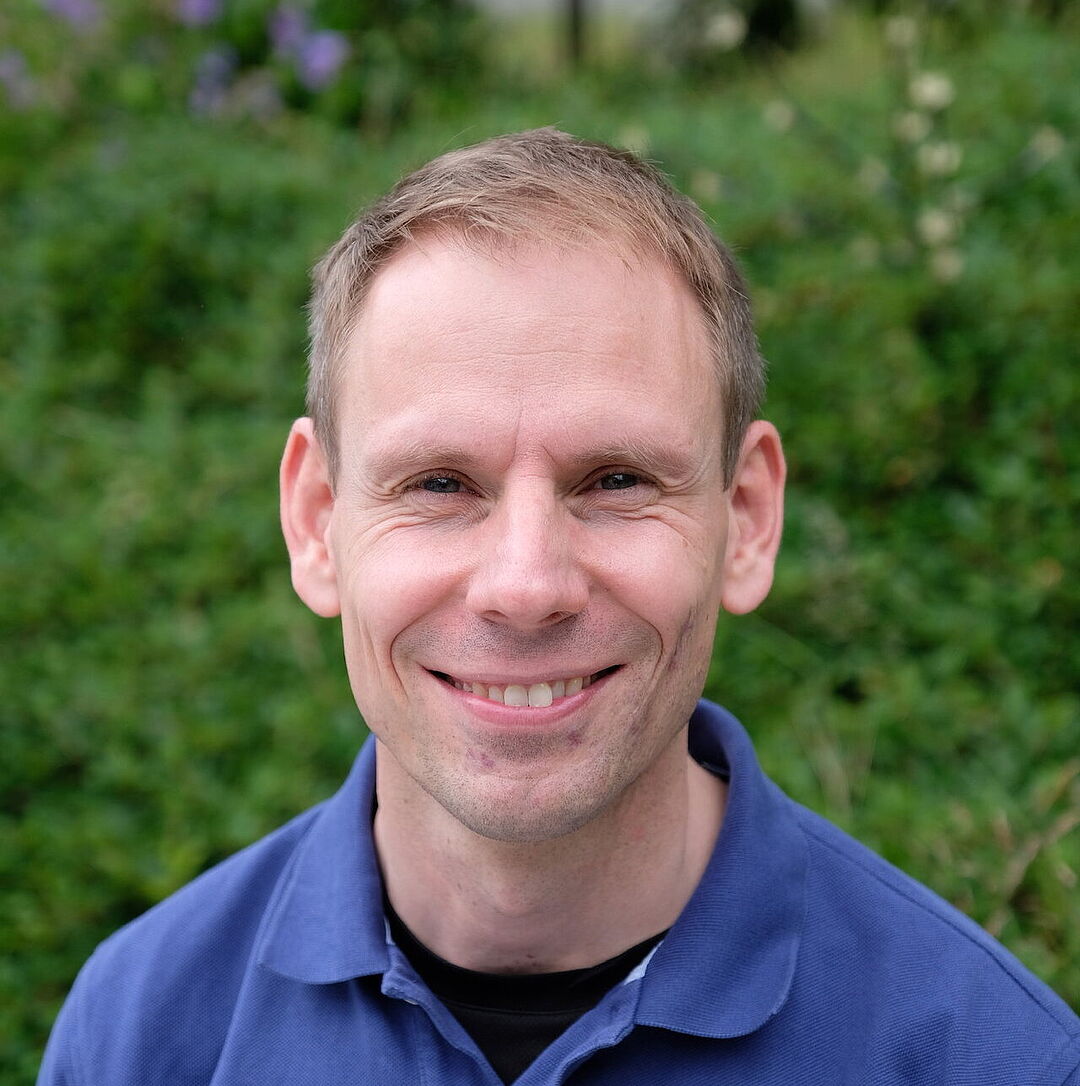
MGK guest lecture by Prof. Harald Kruggel-Emden (TU Berlin).
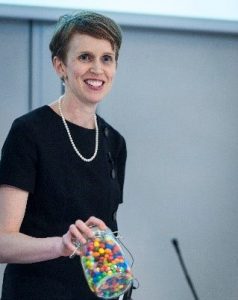
MGK guest lecture by Prof. Catherine O’Sullivan (Imperial College London).

MGK guest lecture by Prof. Bernhard Peters (Universität Luxemburg).

